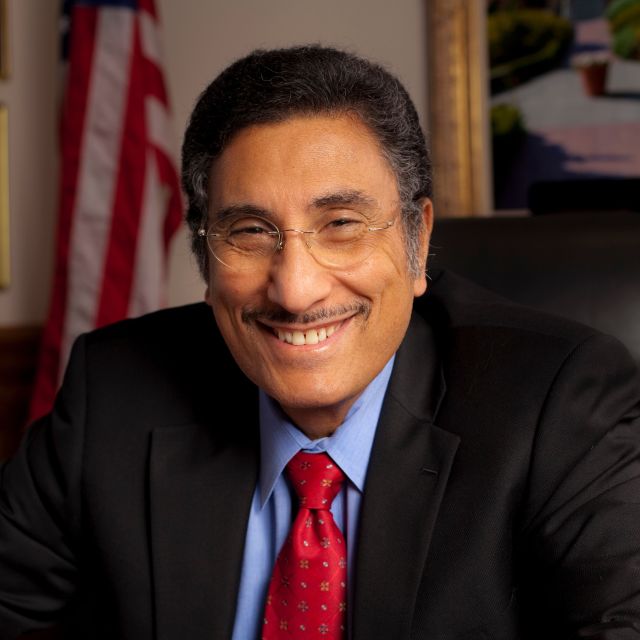The Unanswered Prayer
We see a great Old Testament example of persisting in prayer in the three chapters of the book of Habakkuk. Historical clues within the book of Habakkuk suggest that he lived during the reign of Israel’s King Jehoiakim, when the Babylonian Empire was on the rise but before the Babylonians came to lay siege to Jerusalem. The central theme of Habakkuk focuses on the prophet’s effort to grow from a place of doubt and impatience with God to a place of trust in Him, despite God’s apparent delay in answering prayer.
Three features of Habakkuk’s prayer in chapter 3 are particularly worth noting for our own prayer life:
- Habakkuk’s humility before God. The first feature of effective prayer is humility. In chapter 1, Habakkuk seems to be lecturing the Lord: “How long, Lord, must I call for help, but you do not listen?” (1:2). But by the end of Habakkuk, even in the midst of unanswered prayer, Habakkuk stands in awe of God’s mighty works.
- Habakkuk’s adoration of God. When you pray, ask God to teach you more about Himself because He is worthy of your adoration and obedience. That’s a prayer that will always be honored.
- Habakkuk’s focus on God’s work. Habakkuk prayed that God in His mercy would send a great awakening to Israel. The people of Israel didn’t deserve it; they deserved only the destruction that God had repeatedly warned them was coming. But Habakkuk desired that God would bring revival so that His name would be glorified.
In those times when our prayers seem to go unanswered, we might sink into depression, become angry with God, or give up praying altogether. In the prayer of Habakkuk, we see a very different response to unanswered prayer. We see him ask God, in effect, “What do You want me to learn from this? How can I learn to pray in greater alignment with Your will? Lord, teach me to trust You more.” We see Habakkuk take the trial of unanswered prayer and turn it into an opportunity to grow in intimacy with God.
In the prayer of Habakkuk, we find a model of prayer that will protect us from the disillusionment and discouragement that so often accompany God’s delays in answering our prayers.
Prayer: Father, thank You for the example of tremendous faith found in Habakkuk. May I, too, set my heart on You, the God of grace, wisdom, and sovereign power. I trust in You, my Savior and my God; I believe Your promises and will wait on You. I pray in the name of Jesus. Amen.
“Though the fig tree does not bud and there are no grapes on the vines, though the olive crop fails and the fields produce no food, though there are no sheep in the pen and no cattle in the stalls, yet I will rejoice in the Lord, I will be joyful in God my Savior” (Habakkuk 3:17-18).
*This devotional adapted from Life-Changing Prayers by Michael Youssef © 2018. Published by Baker Books, Grand Rapids, MI. Used by permission.
Check out more from Dr. Michael Youssef, here!





